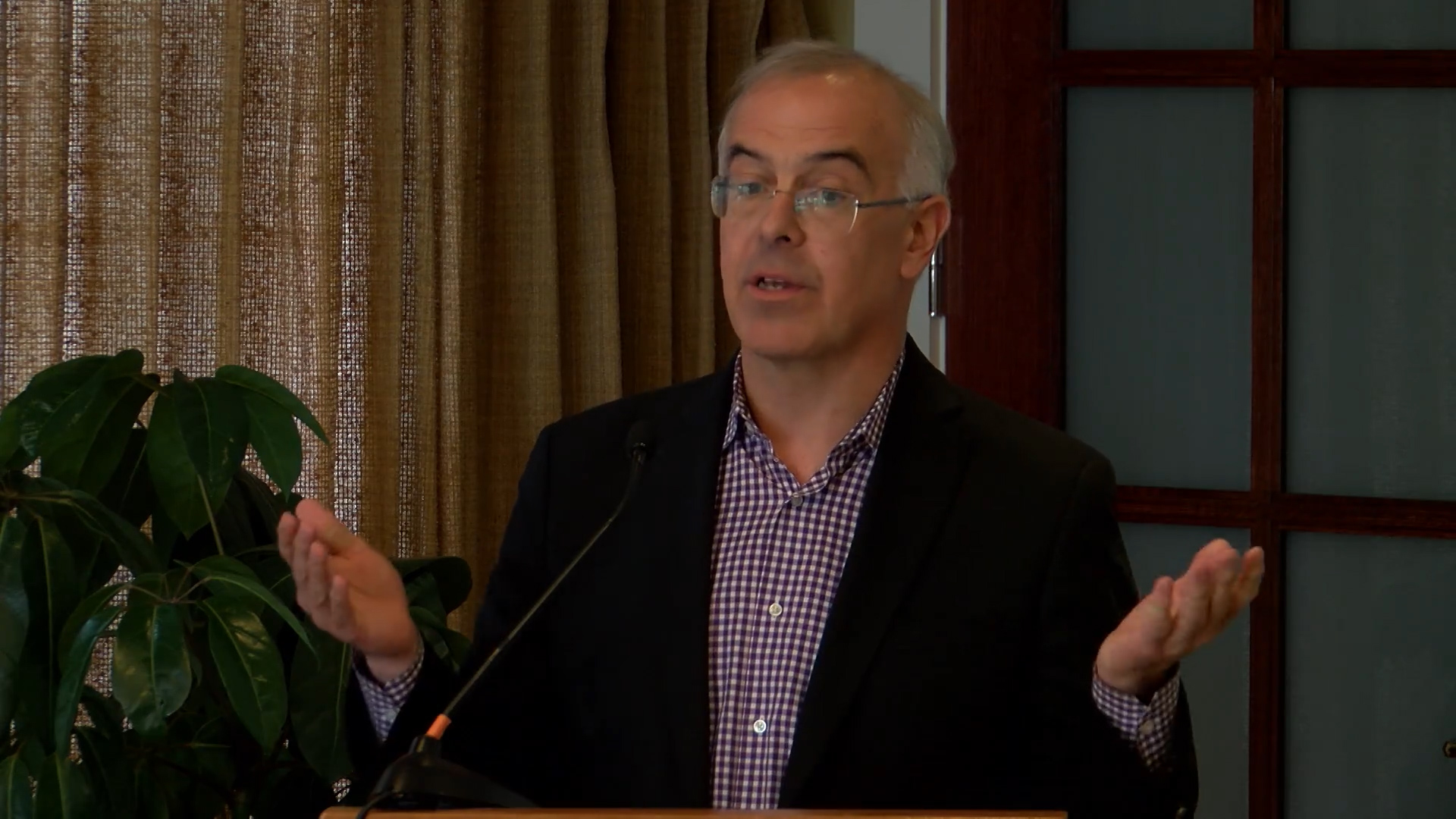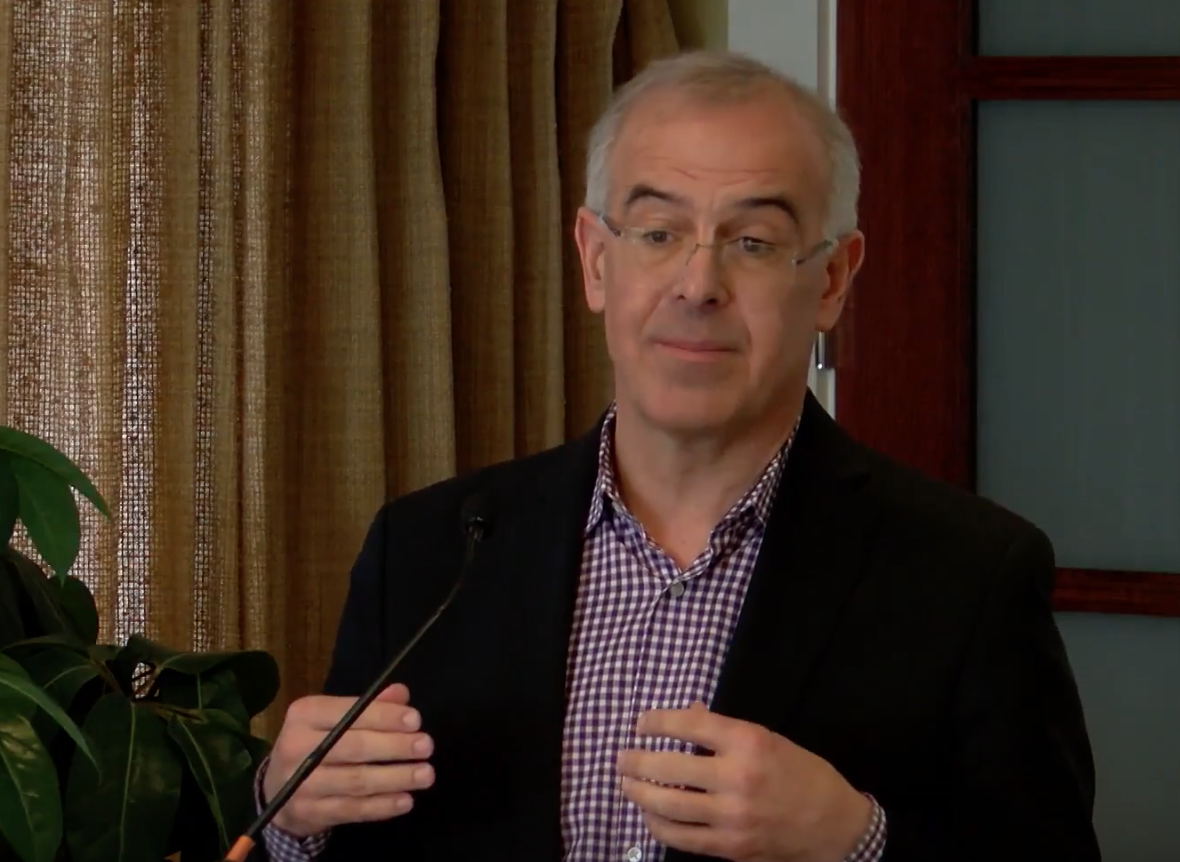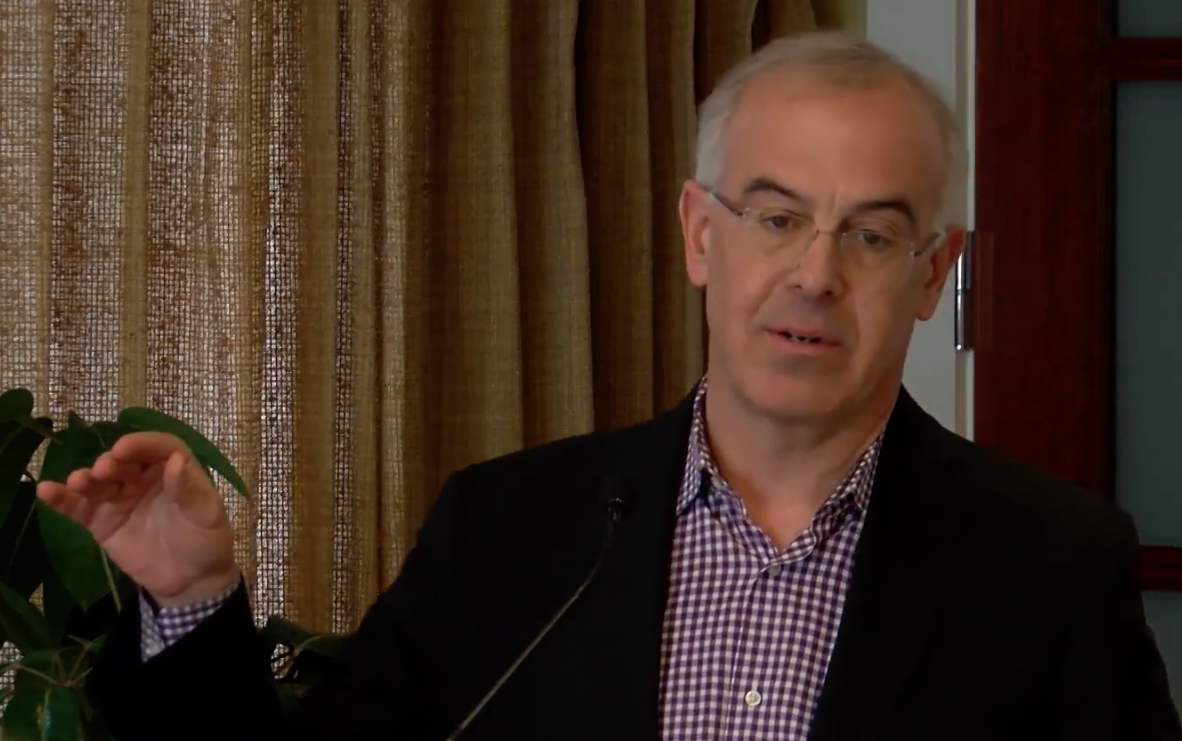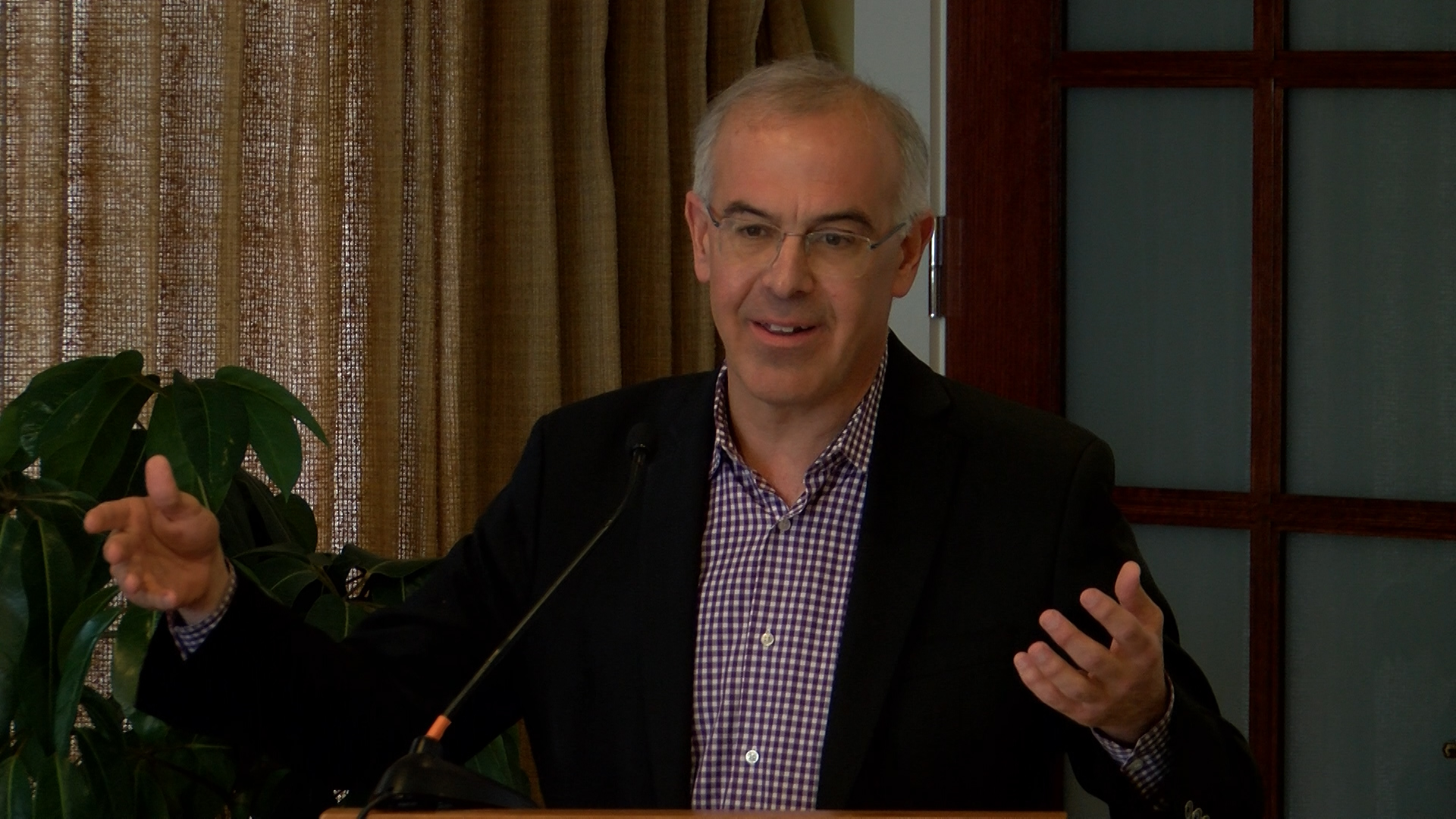New York Times columnist David Brooks discussed the “pressure points of character” during a School Leaders Roundtable at the Institute of Advanced Studies in Culture in March.
Brooks argued that programs can’t “change and transform a child’s life,” only meaningful relationships can.
“If you want to affect people and their character, the first thing is to give them a sense of attachment,” Brooks said. “To surround them with strong loves to which people want to remain faithful.”
Leading students to consider what will lead to a flourishing life can be facilitated by a resource like “Beginning at the End,” available from the Jubilee Centre for Character and Virtues.




